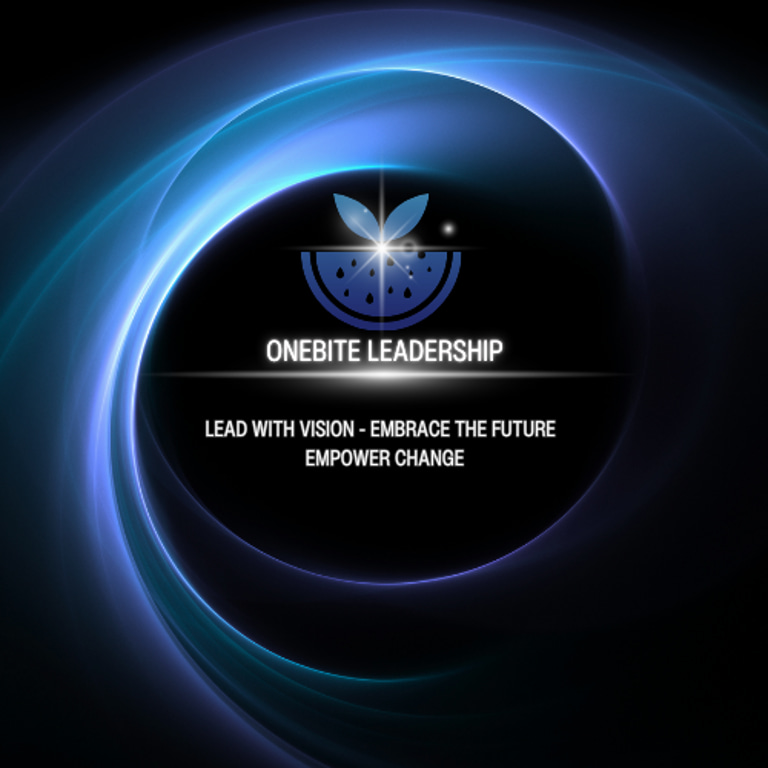
Education Reform: Moving Beyond the Industrial Mindset
The influence of industrial thinking on society has been profound and pervasive, reshaping not just the way we manufacture goods but how we perceive and organize virtually every aspect of modern life, including education. This transformation began during the Industrial Revolution, which introduced the assembly line—a production method designed to increase efficiency by having workers perform specific, repetitive tasks. This method revolutionized manufacturing, making it possible to produce goods faster and cheaper than ever before. Now, in a world dominated by industrial mindsets where efficiency and mass production are king, our educational systems have responded and conformed to this influence. Just as fast fashion brands like SHEIN and TEMU prioritize quantity over quality, churning out products at alarming rates to meet consumer demands, so too has our approach to education become similarly mechanized. But at what cost?
DARE TO LEAD
Shannon Schumm
7/29/2024


Education Reform: Moving Beyond the Industrial Mindset
The influence of industrial thinking on society has been profound and pervasive, reshaping not just the way we manufacture goods but how we perceive and organize virtually every aspect of modern life, including education. This transformation began during the Industrial Revolution, which introduced the assembly line—a production method designed to increase efficiency by having workers perform specific, repetitive tasks. This method revolutionized manufacturing, making it possible to produce goods faster and cheaper than ever before.
Now, in a world dominated by industrial mindsets where efficiency and mass production are king, our educational systems have responded and conformed to this influence. Just as fast fashion brands like SHEIN and TEMU prioritize quantity over quality, churning out products at alarming rates to meet consumer demands, so too has our approach to education become similarly mechanized. But at what cost?
The Assembly Line of Education
In our schools, the “product” we often focus on is a diploma—a symbol that students have passed the required tests but not necessarily a guarantee of a well-rounded or meaningful education. We push for higher test scores and graduation rates, measuring our success through these narrow metrics, mirroring the industrial emphasis on output over quality.
Our educational leaders, many of whom began as dedicated subject teachers, find themselves caught in a cycle of prioritizing these outputs. The rigorous training in their respective fields did not necessarily prepare them for the roles of policy-making and leadership they now hold. Instead, the focus has remained narrowly on how to increase test scores and graduation rates, perpetuating an outdated system that neglects the broader educational needs of our students.
The Cost of Cutting Corners
In an attempt to stay aligned with the rigid timelines set by educational standards, important subjects like writing, social studies, and science often get sidelined. Teachers, under pressure to cover an overwhelming number of standards, are forced to cut corners, removing the depth and richness of education. The over-reliance on non-fiction texts to compensate for these cuts further dilutes the learning experience, stripping away opportunities for creativity and critical thinking.
This relentless cycle not only depletes the quality of education but also fails to equip our students with the essential skills they need to truly thrive in life. Our current approach is failing to cultivate individuals who can think strategically, collaborate effectively, and persevere through challenges—skills that are crucial for both personal success and societal advancement.
A Call for a Qualitative Shift
It’s time for a profound transformation in how we educate our youth. We need to shift from an industrial, assembly-line approach to one that values quality over quantity. This means redesigning our educational systems to focus on developing key human capabilities such as strategic thinking, collaboration, and resilience.
We should envision a system where success isn’t measured merely by test scores or diplomas but by the ability of students to:
• Collaborate successfully without letting emotions undermine their efforts.
• Demonstrate strategic thinking that leads to effective solutions for complex problems.
• Exhibit grit and perseverance even in the face of failure.
These qualities are essential for true success in life and should be the benchmarks of a quality education.
Redefining Leadership in Education
To break free from the current cycle, we need leaders who are not just managers of the status quo but visionaries capable of driving substantial change. This requires a fundamental shift in how we prepare our educational leaders, emphasizing ongoing training in leadership, policy, and management.
Our leaders must be equipped to challenge and transform the prevailing industrial approach, fostering environments where students can develop the competencies that truly matter. Only then can we hope to produce not just graduates, but well-rounded, thoughtful individuals who are prepared to contribute positively to society.
Conclusion
Our society’s moral fabric depends significantly on how we choose to educate our next generation. By moving away from an industrial mindset to one that values and cultivates essential human qualities, we can begin to repair the moral bankruptcy of our times and pave the way for a future that values every individual’s potential to contribute meaningfully to the world. Let’s not just change metrics to include quality; let’s change the entire system to one that unequivocally prioritizes it.
Empowering parents and leaders to transform their educational communities together.
shannon@onebiteleadership.com
© 2024. All rights reserved.
